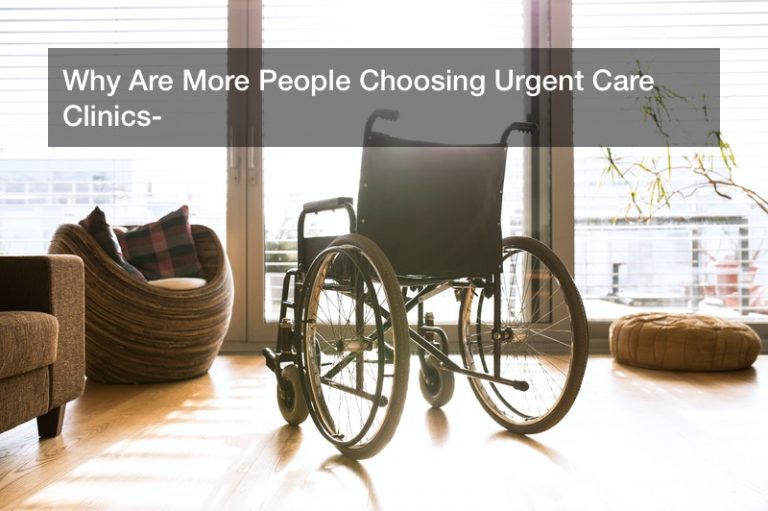

If you have some deep wrinkles that you aren’t happy with, you can usually get Botox to relax that wrinkle so that it doesn’t show as well. It’s important to know about Botox and how it works before you get started. Your doctor should tell you about Botox injection process so that you will understand what the results will be. Administering Botox is the first step, and many people expect their wrinkles to be gone after Botox injections. However, it can take as long as a week to see the results from your injections. The Botox cosmetic injection has to bind with the muscles before it begins to smooth the wrinkles.
When you get Botox injections, give it a full week before you try to assess the results from the injections. It can take several days before you start to see results, but it is well worth the wait. It is often recommended that you get new Botox injections just before the effects start to fade so that you can keep the effect going. Many people like getting Botox because it is so helpful for wrinkles and it is a time-tested method that has been around for patients for decades.

During the Second World War, Uncle Sam toyed with the idea of using botulinum toxin for chemical warfare against Japan. If the U.S. government had Botox training it might have realized that this chemical treatment would be far more valuable in the beauty industry. So popular in fact that Botox is now the number one non surgical cosmetic treatment in the U.S.A. Almost three million Americans have had cosmetic Botox in the last year! We can only hope that Botox training for doctors is available to keep up with the demand for the growing numbers of wrinkled, saggy faced Americans craving its riches.
This writer doesn’t know much about Botox training for physicians. But I do know that when the time comes and when my laugh lines are not so funny anymore, the doctor I hire to beautify my face better have the best hands on Botox training for physicians possible.

What does Botox training entail? I can only hope. I know a bit about the patients. Most of them are between the ages of 40 and 59. Many of them are American. But what about the doctors? What about the Botox training for doctors? I want to trust this face to only the best.

During their Botox training, do physicians actually learn by doing? Does physician training involve several hours of them in the procedure room? Is their training hands on? I hope so. I hope they are not just reading from a manual and taking a multiple choice test to pass. I would like to know that Botox training for physicians is as hard core as it is for a heart surgeon. Maybe that makes me vein. More likely, it just means I care about my face and that is properly representing me to the outside world.

Because after all, laugh lines are just not funny. Links like this.


